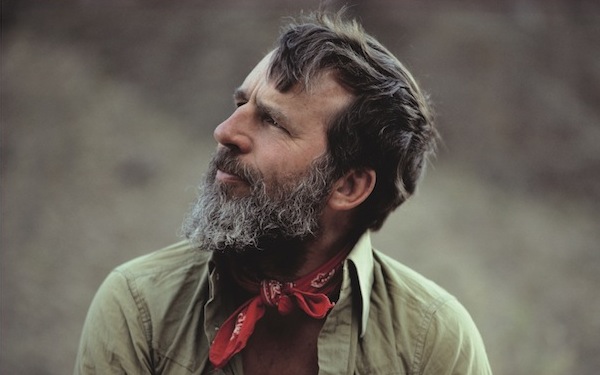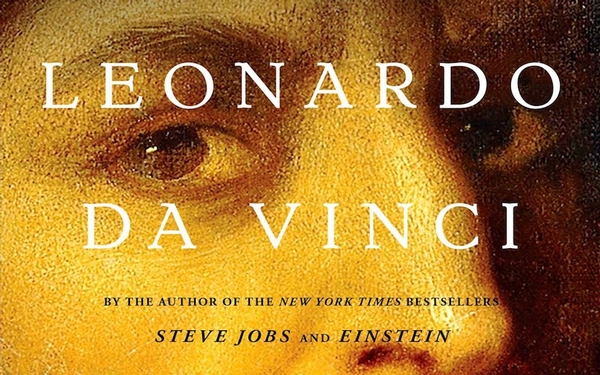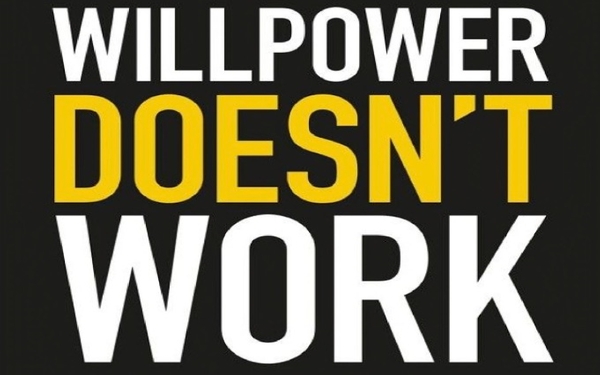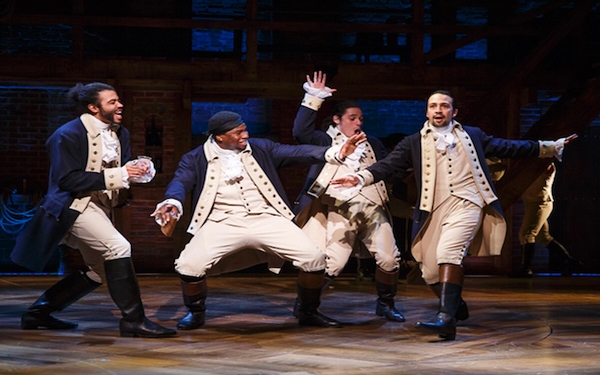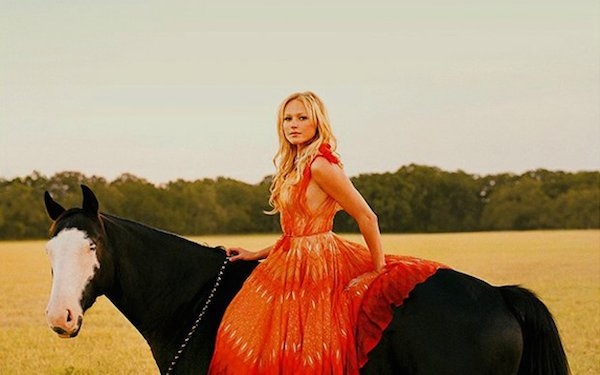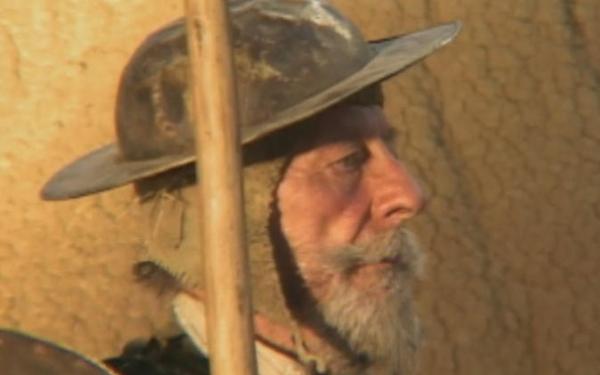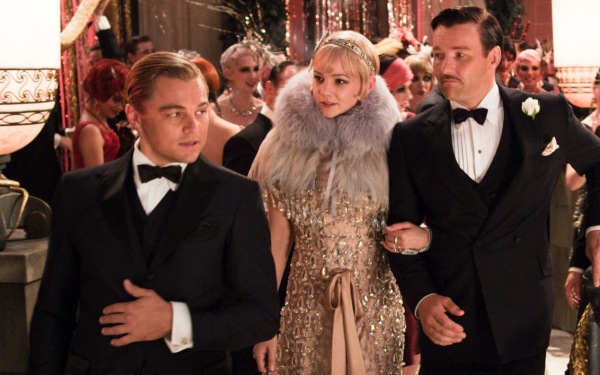No matter how busy I am at work, in my free time, or in my sleep, my subconscious self is always somewhere else—somewhere out there in the world that I have yet to explore. Yes, Los Angeles is nothing to turn your nose up at with its countless bodies of entertainment lying in every nook and cranny, but with its proximate mountains, deserts and sea, the beckoning of earth and soil trains my eyes and ears to the horizon. I am not appeased by the hills of Runyon, nor the bike paths of Venice beach—both of which are wholly citified. No, what I need is a landscape that holds more rock than footprint; that breeds wildlife rather than CO2 emissions; and that enlightens us to the existence of our each and every cell of being. I want to go there, wherever that is.
I know many of us Angelenos often feel this same type of compression brought on by the ceaseless traffic and hustle of simply existing within this ever-growing populace, and that’s why I want to share just a few titles with you. Whether it’s to tip you over that edge of indecision about a trip you were fantasizing about, or perhaps simply to give your brain the opportunity to daydream in the moments of respite between emails, I hope you come away mad with wanderlust, because, quite simply, we were made to explore this earth, damn it.
Desert Solitaire – Edward Abbey
For many, this isn’t news. The works of the master Edward Abbey have become a staple, no, a model for narratives of nature for over fifty years now. So let this be a reiteration and a plea to dive into his world of Desert Solitaire. It’s incredible enough that this book would be his first work of non-fiction, published in 1968, but what’s even more so is the depth of beauty, wit, anger, and unadulterated joy with which Abbey captures his time as a Park Ranger in the Arches National Monument Park in Moab, Utah.
Flipping between his own adventures traversing the unyielding harshities of the desert wilderness and the gruesome facts of its decay as humans impede on nature’s course, Abbey dictates an irresistible form of exploration. You could even say it shames you for living any other life besides one that is constantly engaged with the natural state of things. True, Abbey is an extremist, a radical with wild views of change—or perhaps a complete lack of change—but his urgings are so deeply thought through, they’re hard to argue against, even if they initially sounds preposterous. It’s in his poetic assuredness that Abbey will inevitably make you gluttonous for the untouched world that lies beyond.
Stardust – Neil Gaiman
The reach of wanderlust is not confined to the genre of non-fiction, and if anyone can prove that it’s the wildly illustrative novelist Neil Gaiman. You may know him best from the dark and fantastical story of Coraline, which was dutifully recaptured in the stop-motion film of 2008, but when you begin to explore his other books, you will immediately discover Gaiman’s own method of escapism, and Stardust is the surest example of such.
It has magic, it has death, and it has an immeasurable amount of that British dry humor that we Americans just adore—Stardust is about a young man named Tristan who rediscovers his identity once he traverses “The Wall,” beyond which is a forbidden land of enticing mystery. Through wild adventures and numerous near-death experiences, Tristan discovers the true meaning of his origins, the landscape he is meant to be a part of with all of its unimaginable shadows, but even more astounding brilliancies. In the simplest and most enigmatic of terms, Tristan is reacquainting himself with the earth he belongs to, and it’s easy to see Gaiman reaching out through his fictional voice.
A Walk in the Woods – Bill Bryson
For all you hiking-crazed wanderers out there, Bill Bryson’s A Walk in the Woods (1998) is dedicated to you. Detailing Bryson’s attempt at hiking the over 2,500 mile-expanse that makes up the Appalachian Trail, spanning from northern Georgia all the way up to Maine, this is a work of non-fiction that simultaneously educates and inspires you to leave the ferocious comfort of your couch and at least try to do something challenging. You may know Bryson from his generously digestible science textbook A Short History of Nearly Everything (2003), and knowing so you can already surmise that A Walk in the Woods is to the point, concise, yet surprisingly enjoyable to read.
But it goes beyond that. As Bryson and his unlikely hiking companion Steven Katz—an overweight fellow fighting alcohol abuse—traverse the often overwhelming loneliness, stillness, and silence of the Eastern mountains, we are also met with bountiful histories and autobiographical tales, both gory and inspiring, that go on to inform us of the fact that no matter how daunting or even impossible a task is, we should go for it. Or better yet, inhale it. Compromise your brief state of comfort for the wilderness that awaits us. You don’t have to feel guilty about craving an ice cold Coca-Cola, because Katz and Bryson daydream about them constantly on their journey.
---------------------------------------------------
So I relay these on to you as a gift, for I found each and every one of these stories, true or untrue, to be of immense influence and inspiration in times when city life becomes overbearing. By no means is this a challenge to drop all things and get lost in the woods (or is it?), but what I do hope to instigate is the spirit of wandering, the spirit of exploration, the spirit of doing something that doesn’t fit into your usual day-to-day routine. Whatever that means is up to you, but just get up, go out, and do it.


